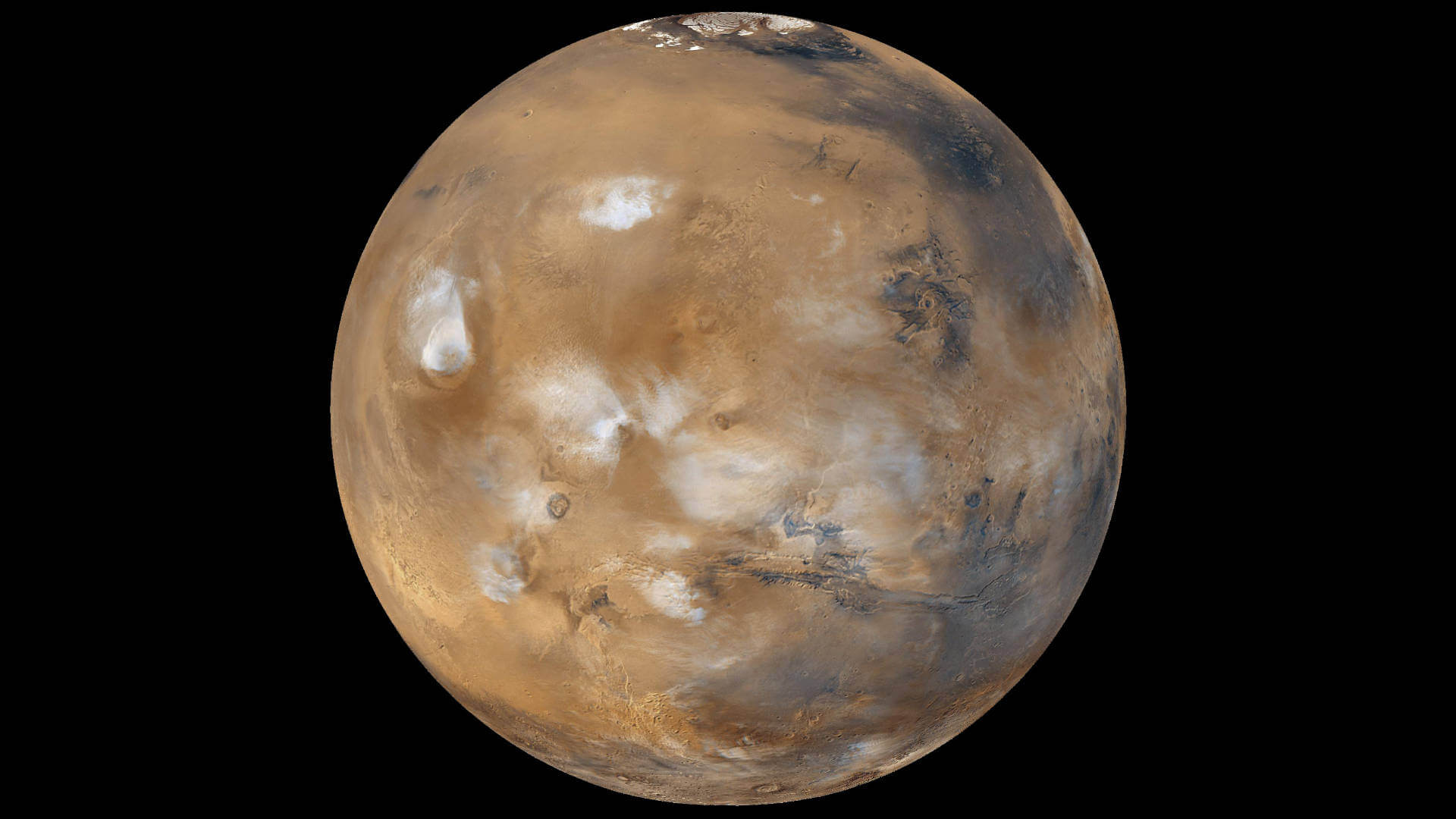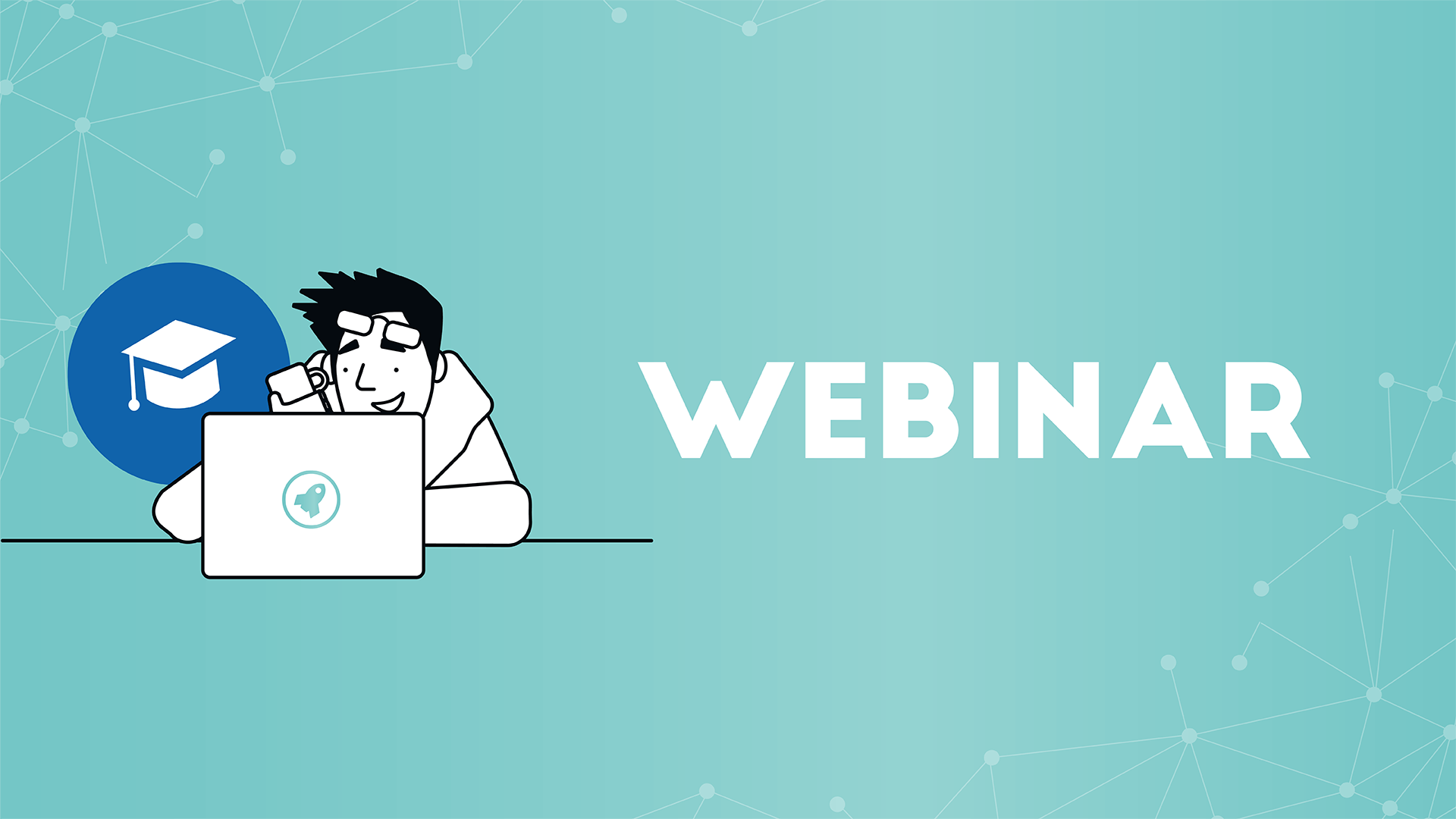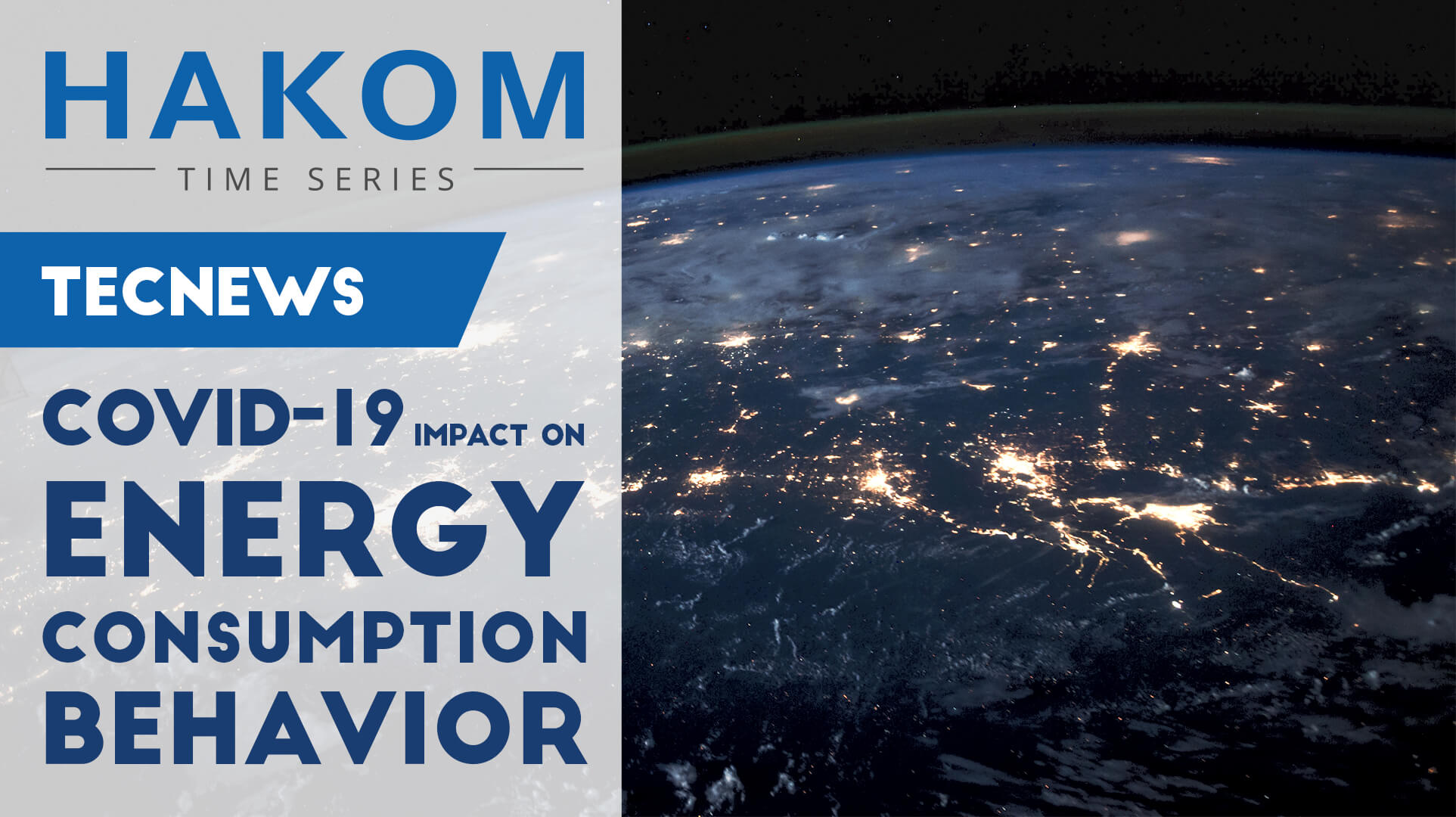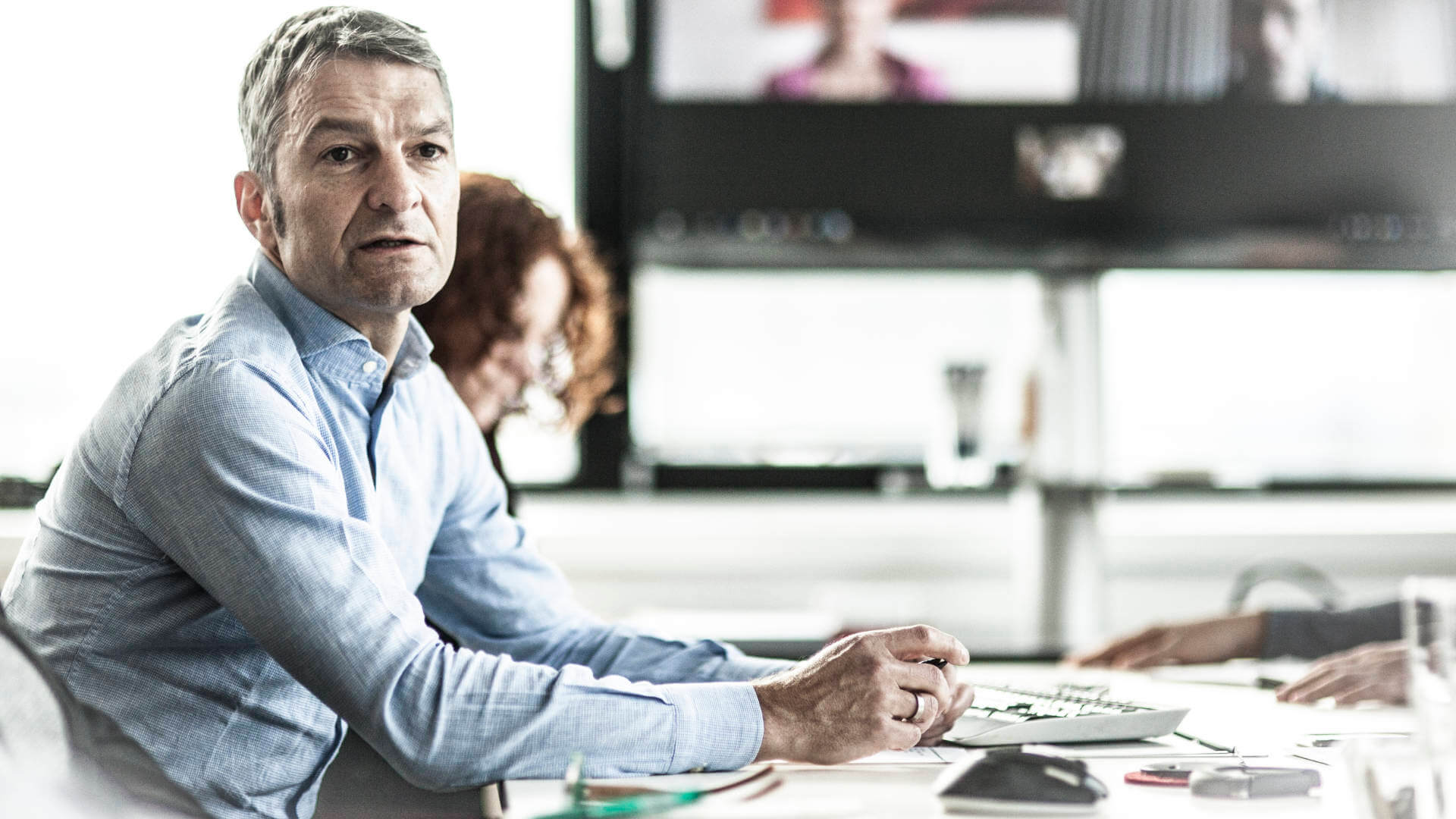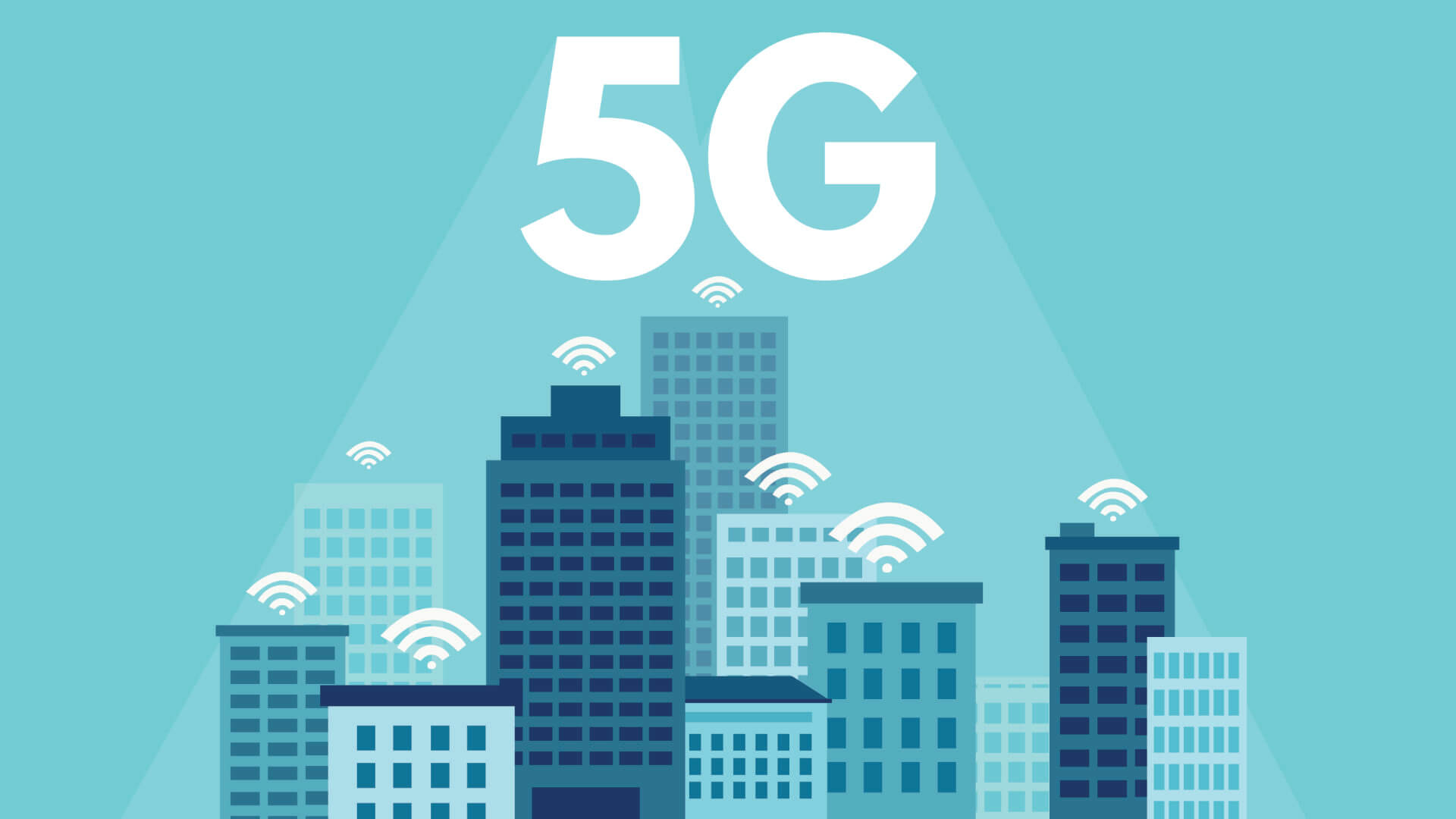COVID-19 – Let’s science the s... out of this!
Isolated on Mars – the plot as a plan!
Mark Watney is in a seemingly hopeless situation. The astronaut and botanist who was stranded during a mission to Mars finds himself alone and isolated from the world at the red planet. As dramatic as the situation is, he decides not to die and takes the decision: „So, in the face of overwhelming odds, I'm left with only one option: I'm going to have to science the s... out of this.“ With cool head and science to escape an oppressive situation, the plot of „The Martian“ with Matt Damon.
A plot that could serve as a plan in the COVID-19 crisis: Recognizing the dilemma, using knowledge and technology to not only survive the crisis, but to come out of it stronger with new ideas, techniques and ways of working. Astronaut Mark's approach: To identify problems and find creative solutions with existing resources. And he survives.
Europe is breaking up – the road to „rebirth“!
COVID-19 is truly nothing new for Europe. In the middle of the 14th century the last great plague epidemic swept across Europe. As dramatic as the consequences were, it laid the foundation for the „rebirth“ of Europe, an epoch that historians will later call the „Renaissance“. Europe began to flourish in terms of art, social affairs, science and, above all, technology. Progress was so groundbreaking that it is now known as the „Renaissance Technique“: The light microscope for science was invented, the suction pump for mining, Portuguese invented the preliminary stages of the sextant and began to measure and discover the world, metalworking was revolutionized and even „double-entry bookkeeping“ was invented during the Renaissance.
The Renaissance was made possible by new knowledge that came to a continent ready for radical change. One without the other would have remained ineffective. The Western Roman Empire was crumbling. Scholars from Byzantium brought knowledge from the east of the world to northern Italy. There it met a Europe ready to reinvent itself after the plague epidemic. In the late 14th century, Northern Italy entered the Renaissance and all of Europe followed.
Rebirth 2.0 – the new Renaissance.
History shows: without crisis no radical change. This applies to states, people, companies, even to nature, as Darwin proved. No one leaves the comfort zone without external pressure, because change is not only exhausting but also risky. The topic and the discussion about the causes around the world climate is not an invention of „Fridays for Future“. In the legendary report „The Limits to Growth“, which the Club of Rome commissioned from the MIT in the USA in 1971 and which was presented at the St. Gallen Symposium in 1972, it was already clear 48 years ago: Things cannot go on like this. But most of it was put on the back burner. Even the 2008 financial crisis was not drastic enough to make Europe and the world ready to make fundamental changes. The COVID-19 crisis will have fatal consequences for society and the economy, but will perhaps be the greatest opportunity for Europe since the Renaissance.
Our planet – economy, electricity consumption, CO2.
„CO2 emissions have fallen surprisingly sharply“, headlines the Tagesschau on 6.1.2020 enthusiastically and points out that CO2 emissions have fallen by 7% compared to 2018. This is essentially attributed to „more electricity from renewable sources, less coal-fired power“. The fact is, the lion's share was due to the weakening economy and falling demand for energy. While Germany's GDP still grew by 2.5% in 2017, adjusted for prices, it was only 1.5% in 2018, and in 2019 it was just below zero at 0.6%. In parallel, net electricity consumption fell from 556 to 512 terawatt hours. It is a logical consequence that transport, the 3rd largest CO2 emitter in Germany, also declined due to the weak economy.
In 2021, the press will probably be able to enjoy a multiple of the celebrated 7% CO2 reduction. The effects of the financial crisis on the real economy were not nearly as massive as those of COVID-19, which is already visible. As a result of the financial crisis, the consumption of primary energy sources in Germany in 2009 fell to the level of the early 1970s. No extrapolations are needed to know that the balance for 2020 will be even more dramatic. A glance at the web is enough: NASA satellite images show blue skies over Chinese industrial cities, which are normally enveloped in dense smog. Venice's canals are suddenly clear again and the first fish are cavorting in them. Conditions that „Fridays for Future“ longs for. The radical change in behaviour and renunciation this would require of each individual is now illustrated in an experiment in real life.
Thought experiments – Europe on the move in energy.
A significant and effective reduction of CO2 emissions in the current social and technological system would require such extreme cuts, which no free society would be willing to sustain. This can be clearly seen every day. The democratic solution is a system change in technological, economic and social terms. The COVID-19 crisis will leave behind such cuts that the readiness for a general rethinking and necessary measures could exist.
Process innovations such as „microgrids“, which currently have little chance of gaining momentum to any significant extent, could be given a boost. The legal basis for this already exists in Austria in the form of the Renewable Development Act (EAG). Questions will be asked as to whether a worldwide concentration of the production of batteries, microelectronics and solar cells in the Asian region is sustainable, whether economies of scale are everything and whether security of supply can be jeopardized for this. A swing back of production to the West could be the consequence. These are political decisions. As is the question of whether hydrogen technology should not be given a real chance alongside electromobility. This is not the case at present. The energy density would strongly argue in favor of it. The thermal water splitting in the Andalusian research centre Plataforma Solar de Almería, under the direction of the German Aerospace Center (DLR), is already practicable, although the efficiency is not yet satisfactory. A question of research efforts.
If not now, when? Read on!
The chance for a real energy turnaround has never been greater than now. The technologies exist, but the broad will has been lacking until now. Crises have a bad side and a good side. The former defines it, the latter must be wrested from it. The problems have been identified. Astronaut Mark Watney decided, after being aware of his situation, „...to science the s... out…" It's a good idea. Topics to follow:
- The big chance - transformation now!
- Collaboration - tackling instead of demonstrating.
- HAKOM and COVID-19 – Clever through, stronger out of the crisis.
Contact the author Stefan Komornyik.
Photo credits: © CCL | NASA/JPL/MSSS
